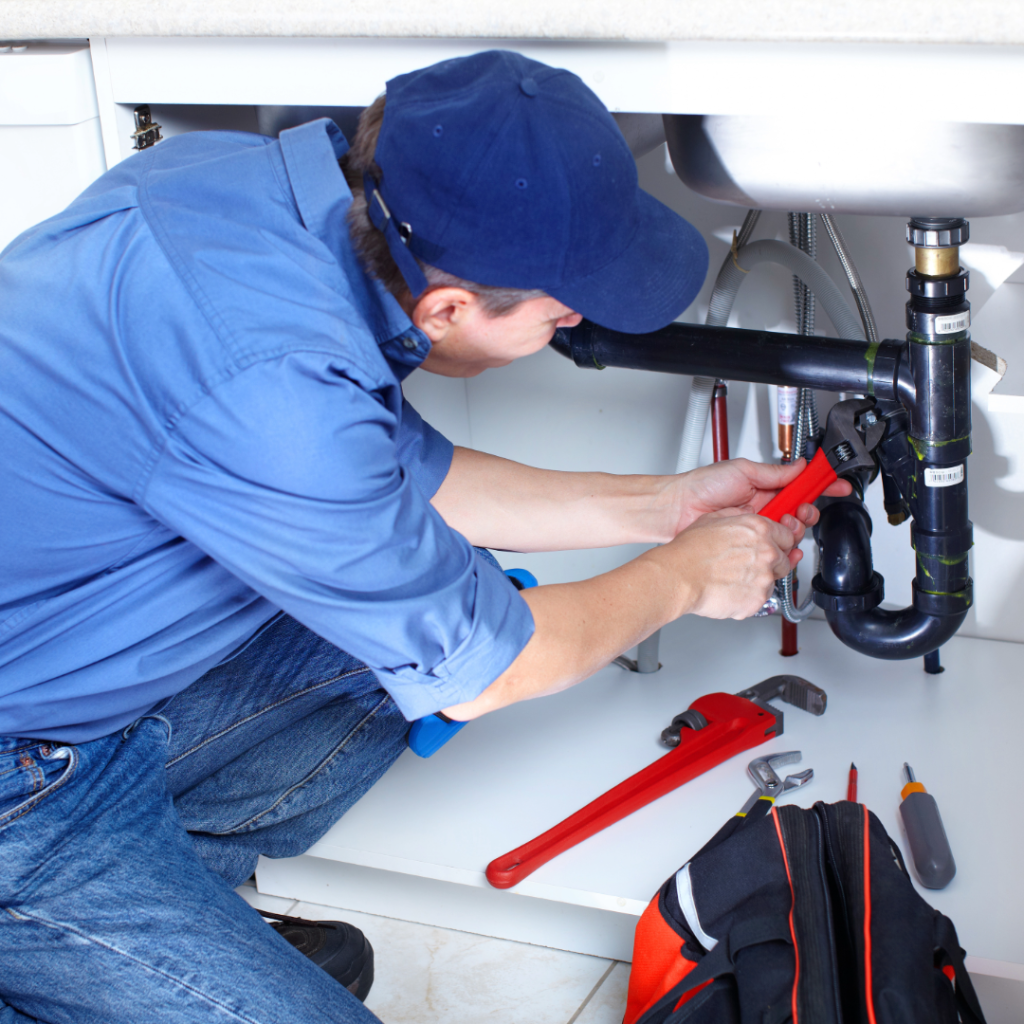All Categories
Featured
Pedersen, a retired pharmaceutical executive, was hesitant to call any individual else. The home, built around 1910, has complex pipes and piping problems, and "he understands the residence truly well," Pedersen claims. <!-> <!-> While an unresponsive plumber may seem an indicator of a substandard operation, it can additionally be the indication of somebody popular.

It was just after the remainder of the room was finished that Percel discovered the furnace really did not work. It transforms out the pipes weren't the best type for heavy steam warm, yet the plumber had never ever examined them to learn. "I 'd simply assumed he would certainly tested the pipes and looked for steam," Percel claims.
It may seem not logical" you've hired a specialist to deal with the issue, right?" Several plumbers assume it's the client's responsibility to ascertain that existing parts function prior to making changes. An additional lesson here: Ask who's doing the work. Percel's plumbing professional was not the proprietor of the company, whom he would certainly talked with and whom he assumed he was working with.

Silk, the Maryland plumber, states a great plumbing ought to be willing to speak with an issue with a client on the phone. Regional plumbing-supply stores, he says, can likewise provide support and tips for simple fixings such as a dripping faucet or a shower-head substitute. <!-> <!-> John Rendahl, a sales connect at R&D Plumbing Supplies near Seattle, claims several clients check out the store exclusively to ask exactly how to take care of something themselves.
Should I Do My Own Plumbing?

He remembers one client who just recently was available in questioning an issue with a 35-year-old Kohler low-boy bathroom that wouldn't quit running. Rendahl opened a parts publication, searched for the shutoff for that particular commode and, based on the trouble the consumer explained, suggested that he change the tank round.
Latest Posts
The Definitive Guide to Identity Protection Tools
Not known Facts About Identity Protection Tools
24/7 Plumber